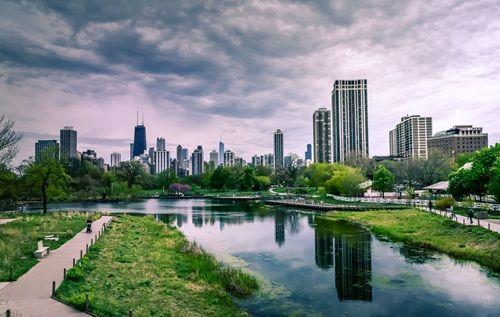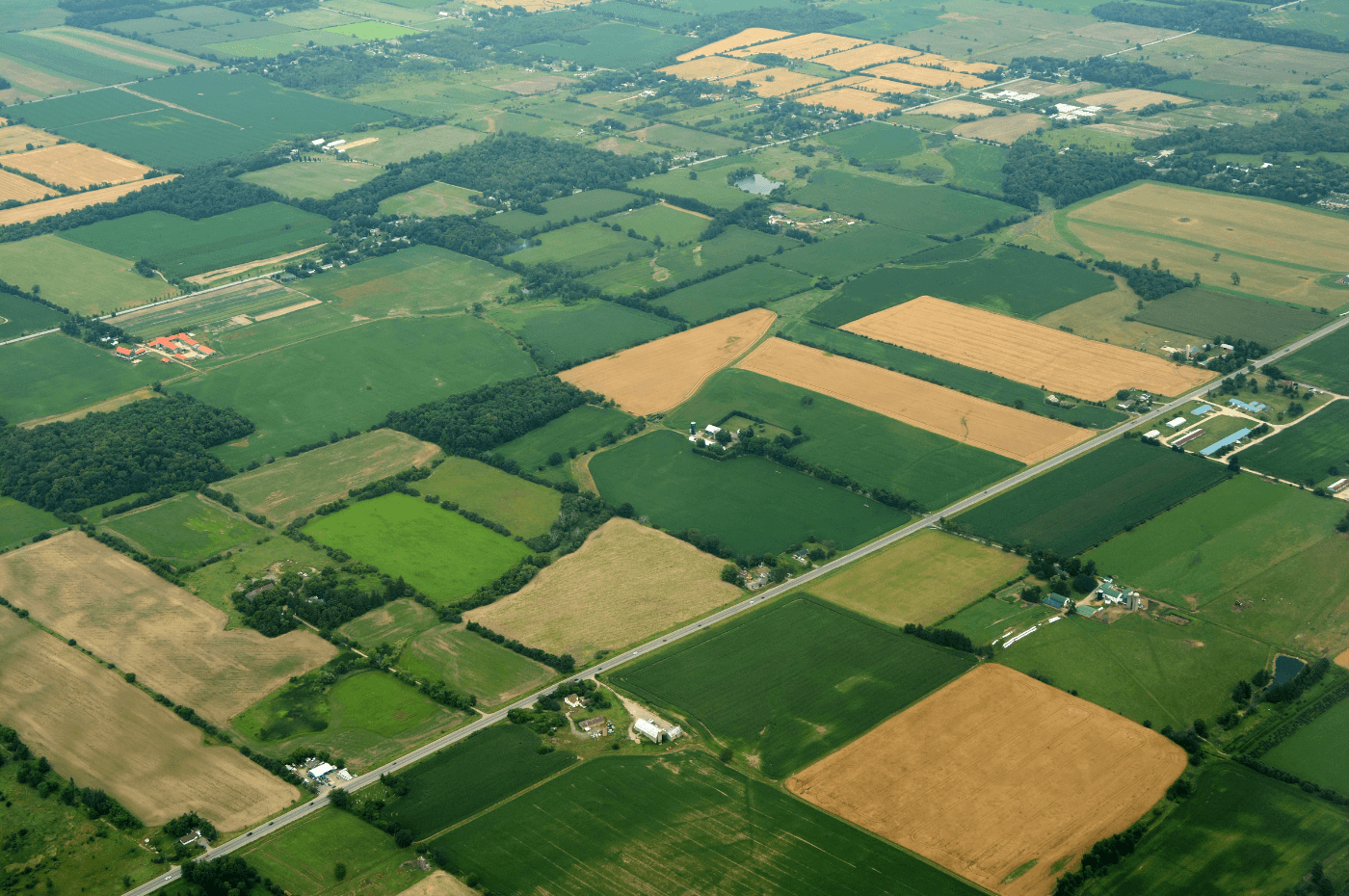In Quebec, zoning is a key concept in land use planning for all municipalities. It consists of several zones, each with its specific uses and regulations.
Whether you're an investor looking for new business opportunities or a private citizen looking to purchase a new property, knowing the zoning of your land is essential. Before embarking on any construction or development project, make sure you understand all the details.
Here's some information you may find useful.
What is the purpose of zoning laws?
Zoning allows a municipality to divide its territory into zones and to determine where and under what conditions certain activities may be conducted. To do this, the city adopts a zoning ordinance that specifies permitted uses.
Zoning controls the use of land and buildings within a given area. It also regulates the layout, form and appearance of buildings.
More specifically, a municipality's zoning ordinance allows it to
- Divide its territory into as many zones and sectors as it deems necessary;
- Classify land uses according to environmental, functional, aesthetic and/or socio-economic criteria;
- Prohibit or permit certain types of construction;
- Develop its territory in a structured manner;
- Protect the characteristics of a significant environment;
- Minimize certain environmental and neighborhood inconveniences;
- Take into account the natural vocation of an area or its physical characteristics;
- Etc.

What are the different types of zoning?
The Act respecting land use planning and development does not provide a single nomenclature to define zoning. The terms or expressions used to define the categories of the different zones may therefore vary from one city to another. Similarly, the standards established for each of these zones may differ depending on which municipality establishes them.
Despite these differences, the most common types of zoning used by municipalities in Quebec include:
- Residential;
- Commercial;
- Industrial;
- Institutional;
- Agricultural;
- Mixed-use.
Each of these zones can also be divided into subcategories to regulate more specific uses.
However, there is one exception: the agricultural zone. This use category is protected by law.
What is agricultural zoning (green zoning)?
You might have heard of the famous “green zone”. It's defined by the Act respecting the preservation of agricultural land and agricultural activities and covers all agricultural land in Quebec south of the 50th parallel. It was created to protect and preserve the province's agricultural land.
When a property is zoned green, the law gives priority to agricultural activities. It is therefore forbidden to build a house on land of less than 100 hectares, and any construction or conversion of non-agricultural buildings is prohibited. There are also several other prohibitions and restrictions on the purchase, operation and sale of land in this zone.
Only the Commission de protection du territoire agricole has the authority to grant a derogation from the law or to de-zone land located in a green zone.
If you're planning to buy a property already built in an agricultural zone, you'll need to perform several checks to ensure that the property complies with all municipal and state regulations.
What is white zoning?
Unlike green zoning, white zoning is intended for residential, commercial and industrial activities. It is also defined by the law regarding the preservation of agricultural land and agricultural activities.
Land located in this zone is subject to less rigid rules regarding its use and the location of buildings than those in the agricultural zone. They therefore offer greater flexibility for urban development. However, some municipalities may impose additional restrictions.

How do I find out about land zoning in Quebec?
Information on land zoning can usually be found on the website of the city or borough. The municipality's urban planning department usually provides citizens with a city plan or interactive maps showing the zoning of the area.
How to change the zoning?
With few exceptions, a zoning change requires an amendment to the municipality's zoning ordinance. The process can be initiated by a citizen's petition or by a municipal initiative.
In the former case, the decision is usually motivated by the desire to modify or construct a building for a particular use that is not permitted under the current zoning ordinance. In this case, the citizen submits a request to amend the bylaw to allow the desired use.
Here is an overview of the steps involved in the zoning change process:
- Submit the zoning change request through the official city document. The request must meet current city planning criteria;
- Internal analysis of the request by the City Council;
- Acceptance or rejection of the proposed change. In case of rejection, the city must give clear reasons for its decision;
- Consultation to obtain the opinion of the neighbourhood council;
- Hold a public meeting to consult the community;
- Accept or deny the rezoning request based on comments received from citizens and in-house experts;
- Preparing and conducting a referendum, if necessary;
- Approval or rejection of the project;
- Completing the administrative formalities for the zoning change;
- Implementing the change.
Of course, the reality is much more complex, but these steps will give you a general idea of the process involved in a zoning change application. Depending on the scope of the amendment project, the length of the timelines can vary considerably.
Are you looking for a land surveyor?
XpertSource.com can help you find a land surveyor. When you tell us about your project, we put you in touch with qualified resources for FREE. Simply fill out our form ( it only takes a few minutes ) and we will connect you with professionals.





